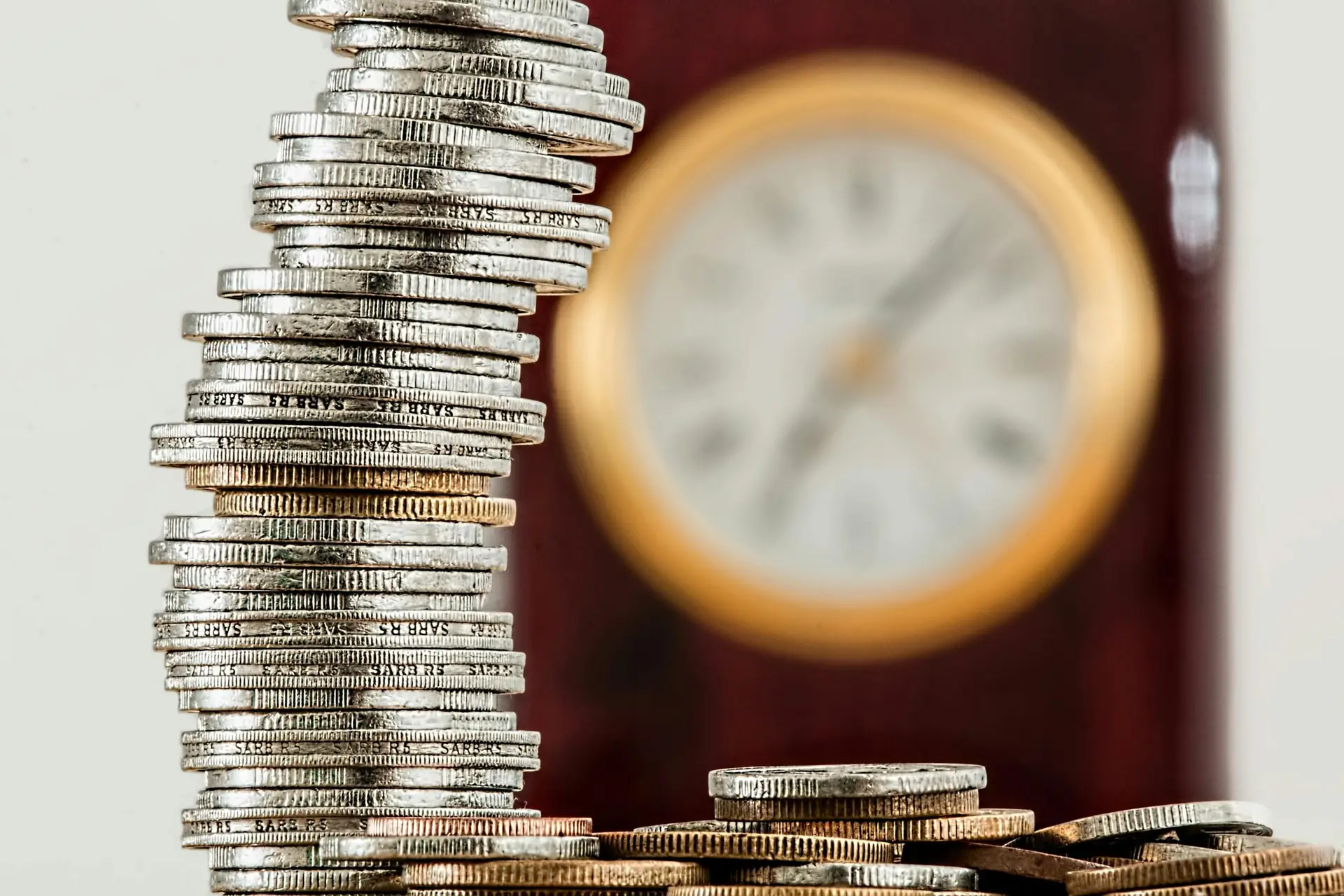The World Is Drowning in Debt — What Does That Mean for You?
Today’s global financial system is facing a serious problem — it is trapped in a debt financing loop. This means countries, banks, and even individuals keep borrowing money to solve problems, only to create even bigger ones. This cycle is hard to break and is now threatening the stability of economies around the world — including Nigeria.
Let’s break this down and understand why it matters to you.
What Is a Debt Financing Loop?
A debt financing loop happens when a country or company borrows money just to pay off older debts — not to invest or grow. It’s like taking a new loan every month just to pay the last one. Eventually, the interest piles up, and you’re stuck.
In this loop, the solution to every problem is more borrowing. But instead of solving the problem, it only delays the pain — and makes it worse in the long run.
This is what many countries — including Nigeria, the U.S., and others — are doing right now.
How the Financial System Got Here
Over the last few decades, central banks and governments have made borrowing easy. When there’s a crisis — like COVID-19, wars, inflation, or job losses — they print more money and issue more loans.
This leads to:
-
High national debt
-
Currency devaluation
-
Inflation
-
Asset bubbles (housing, stock markets)
The financial system has become addicted to debt. And just like any addiction, it creates short-term relief but long-term damage.
Nigeria’s Debt Loop: A Case Study
Nigeria is a real-life example of this problem. The government keeps borrowing billions to pay salaries, service past loans, and fund basic services. But oil revenue, the country’s main income source, is not enough anymore.
What’s happening?
-
As of 2024, Nigeria owes over ₦97 trillion.
-
A large part of the annual budget goes to debt servicing, not development.
-
Inflation keeps rising as the naira loses value.
-
Infrastructure is poor, yet borrowing continues.
This is a classic debt financing loop. And the sad truth? It’s getting worse, not better.
Why This Is Dangerous
A financial system stuck in a debt loop can’t grow. Instead of investing in real businesses, education, or technology, governments use borrowed money to pay old bills.
Eventually, trust is lost.
-
Investors pull out.
-
Local currencies crash.
-
Jobs are lost.
-
Poverty increases.
It becomes a chain reaction that affects every citizen — rich or poor.
The Way Forward: Sound Money and Personal Strategy
While we can’t fix the global system ourselves, we can protect ourselves from its failures. And this is where Bitcoin comes in.
Bitcoin is a non-government digital asset. It cannot be printed or inflated. It is limited (only 21 million will ever exist) and gives you control over your money.
Here’s how Bitcoin helps in a broken financial system:
-
Protects your wealth from currency devaluation
-
Grows in value over time (compounding effect)
-
Is easy to access globally
-
Is not tied to government policies
️ What You Can Do Now
-
Learn about Bitcoin and how it works.
-
Start small — even ₦5,000 can be a starting point.
-
Follow platforms like Dalma for easy guides, updates, and strategies.
-
Think long term — focus on compounding and building wealth over 5–6 years.
Final Thoughts
The global financial system is trapped in a debt financing loop, and Nigeria is a clear example of the dangers it brings. Prices keep rising, currencies keep falling, and the system keeps borrowing. It’s a cycle that cannot continue forever.
You must take control of your financial future. Understand the risks of the system, and explore tools like Bitcoin that give you power, protection, and peace of mind.
In a world of debt, sound money is freedom.

